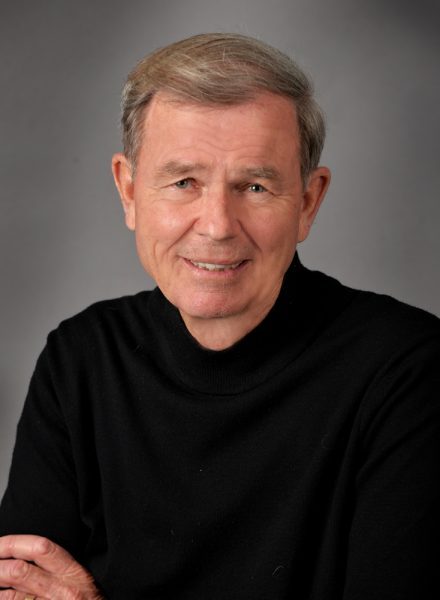
This Sept. 3 marks the 1997 passing of Holocaust survivor Dr. Viktor Frankl. Frankl is noteworthy not for surviving the Nazi death camps of World War II, but for finding meaning amidst his suffering. He shared this in his classic “Man’s Search for Meaning.” Written in just nine days, at first anonymously, it unexpectedly became a best-seller with millions sold in 52 languages. The Library of Congress later named it one of America’s ten most influential books.
Born in Vienna and trained as a doctor, Frankl first took on the problem of suicide by failing students, organizing student counseling centers and achieving zero student suicides in 1931. His doctoral dissertation, “The Unconscious God,” studied the connection of psychology to religion and how patients might connect with their spiritual unconscious.
Frankl next took on the established giants of psychology in Vienna, questioning Freud’s emphasis on pleasure as the central life motivation, then challenging the importance Adler gave to the will to power. Frankl thought these approaches reductionist and taking a holistic view he focused on meaning, especially meaning with a spiritual dimension. His idea was tested when after nine months of marriage, Frankl, his wife and unborn child, and his parents, all Jewish, were imprisoned and Frankl alone survived after three years in four work camps.
In his book, Frankl shared his happiest day in the camp. They had been awakened in the early morning dark, made to stand in ranks in the freezing air, and then marched to their work site to dig a roadside ditch. Frail from overwork and insufficient nutrition, digging at the frozen earth under a gray winter sky, Frankl began to think about his wife. As he remembered their time together, the things he loved about her, the way she smiled at him, a happy feeling came over him and the chilly day took on a warm glow, the gray skies a golden hue. The thought came that though he didn’t even know if she was still alive, “There was no need for me to know; nothing could touch the strength of my love, my thought, and the image of my beloved,” and he recalled the scripture, “Set me like a seal upon thy heart, love is as strong as death.”
Despite the terrible acts in the camps, Frankl also witnessed transcending deeds of kindness and caring, observing that even in the worst moments, when all that can be taken is lost, we always have the freedom to choose our attitude. Moreover, Frankl believed there could be meaning in every moment of our lives, even our last breath, and that it is each person’s mission to find their meaning.
The appeal of Frankl’s book was a surprise, for it came in a time of post-war prosperity—the Depression was over, a world war had been won, and the good times were rolling. Yet this was also a time when by decades, the best-selling drugs were tranquilizers, sedatives, and antidepressants. It was also, perhaps not by coincidence, a time of declining church attendance. The search for happiness, Frankl observed, is futile, for joy in life comes by chance as a consequence of meaning, though we may experience it more as satisfaction. The good news is it isn’t necessary to suffer terribly to know meaning, rather it can be found, Frankl taught, through purposeful work, by loving and being loved, and through courage in the face of difficulties. There’s meaning in that.
Skip fell in love with Laguna on a 50s surfing trip. He’s a student of Laguna history and the author of “Loving Laguna: A Local’s Guide to Laguna Beach.” Email: [email protected].




